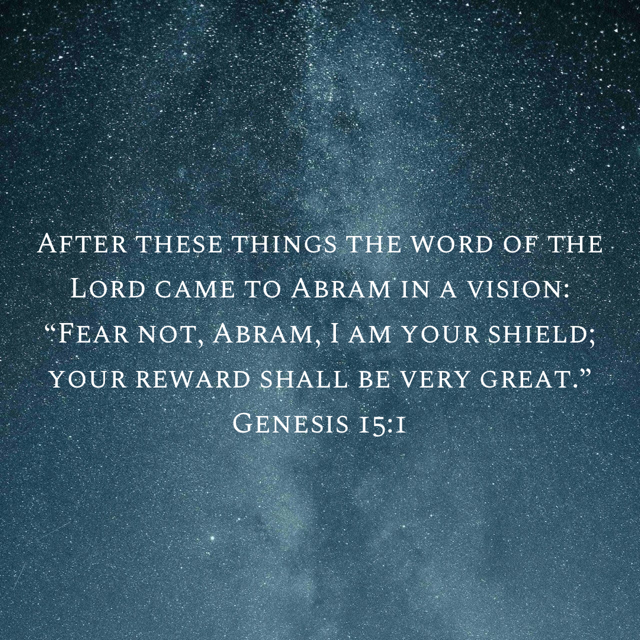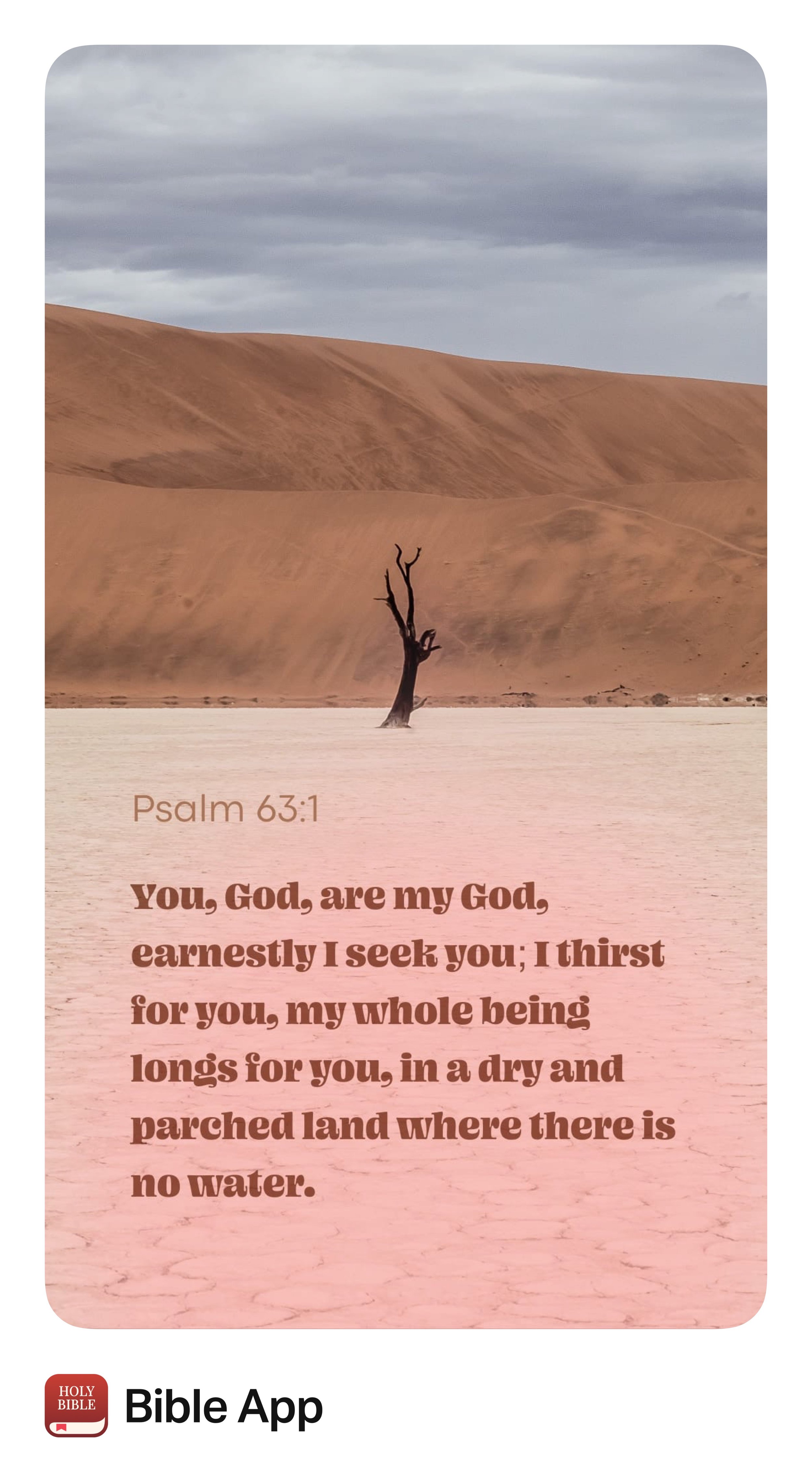Based on Genesis 22
Watch the sermon on YouTube
Faith and the Tests That Shape Us
In Genesis 22, we encounter one of the most intense and unforgettable moments in Scripture—the day God tested Abraham. This was not just any test. It was the test of his life.
Every follower of Christ experiences seasons where faith is stretched, refined, and put to the test. Sometimes it’s through health struggles, job uncertainties, or relationship challenges. These moments press us to ask: Do I still trust God? Will I keep walking with Him when I cannot see the outcome?
Abraham’s story reminds us that faith is more than belief—it’s trust, obedience, and surrender, even when God’s ways seem mysterious.
God’s Command and Abraham’s Obedience
After years of waiting, Abraham had finally received the promised son, Isaac. Life had settled, and God’s blessings seemed secure. But then came the command that defied all logic:
“Take your son, your only son Isaac, whom you love, and go to the land of Moriah. Offer him there as a burnt offering.” (Genesis 22:2)
The very child who embodied God’s promise was to be sacrificed.
Abraham could not predict this test—but he obeyed. He rose early, gathered the wood, and began the journey. Every step toward Moriah must have been a battle between his love for his son and his trust in God.
Tests vs. Temptations
It’s important to see that God tests our faith, but He never tempts us to sin. As James 1 explains, temptation arises from our sinful desires, not from God. God’s tests strengthen our trust in Him, while temptation seeks to destroy.
Abraham’s test wasn’t about luring him into sin—it was about proving and refining his faith.
The Third Day and the Knife Raised
On the third day of the journey, Abraham saw the mountain. He told his servants, “The boy and I will go over there and worship, and we will come back to you.” (Genesis 22:5)
With Isaac carrying the wood, Abraham carried the knife. When Isaac asked where the lamb was, Abraham replied with faith-filled words:
“God Himself will provide the lamb.” (Genesis 22:8)
At the altar, Abraham bound his son and raised the knife. At that very moment, heaven broke through. The angel of the Lord called, “Abraham, Abraham! Do not lay a hand on the boy.”
God Provides
Nearby, a ram was caught in the thicket. Abraham offered the ram instead of Isaac and named the place “The Lord Will Provide.”
This event foreshadowed the greatest provision of all: God offering His only Son, Jesus Christ, on that very same mountain range centuries later. Just as Isaac carried the wood, Jesus carried His cross. But unlike Isaac, Jesus was not spared—He became our substitute.
Why Faith Matters
Abraham’s faith was tested and proved genuine. Scripture tells us this truth:
Faith is more precious than gold. (1 Peter 1:7) Like gold refined in fire, our faith is purified through trials.
Faith produces steadfastness. (James 1:2–4) Tests train us to endure and trust God’s timing.
Faith pleases God. (Hebrews 11:6) Not works, not achievements—but faith.
The hardest tests often reveal the truest faith.
Walking by Faith Today
We may not face Abraham’s exact trial, but every believer walks through moments of surrender and trust. God is not finished with us—He is shaping us through each test, building a faith that lasts.
When you face the unknown, remember:
“Trust in the Lord with all your heart and lean not on your own understanding. In all your ways acknowledge Him, and He will make straight your paths.” (Proverbs 3:5–6)
God provides. Always. And when the test feels impossible, He reminds us through Abraham’s story and through the cross of Christ that His plan is good, His love is steadfast, and His provision is sure.













